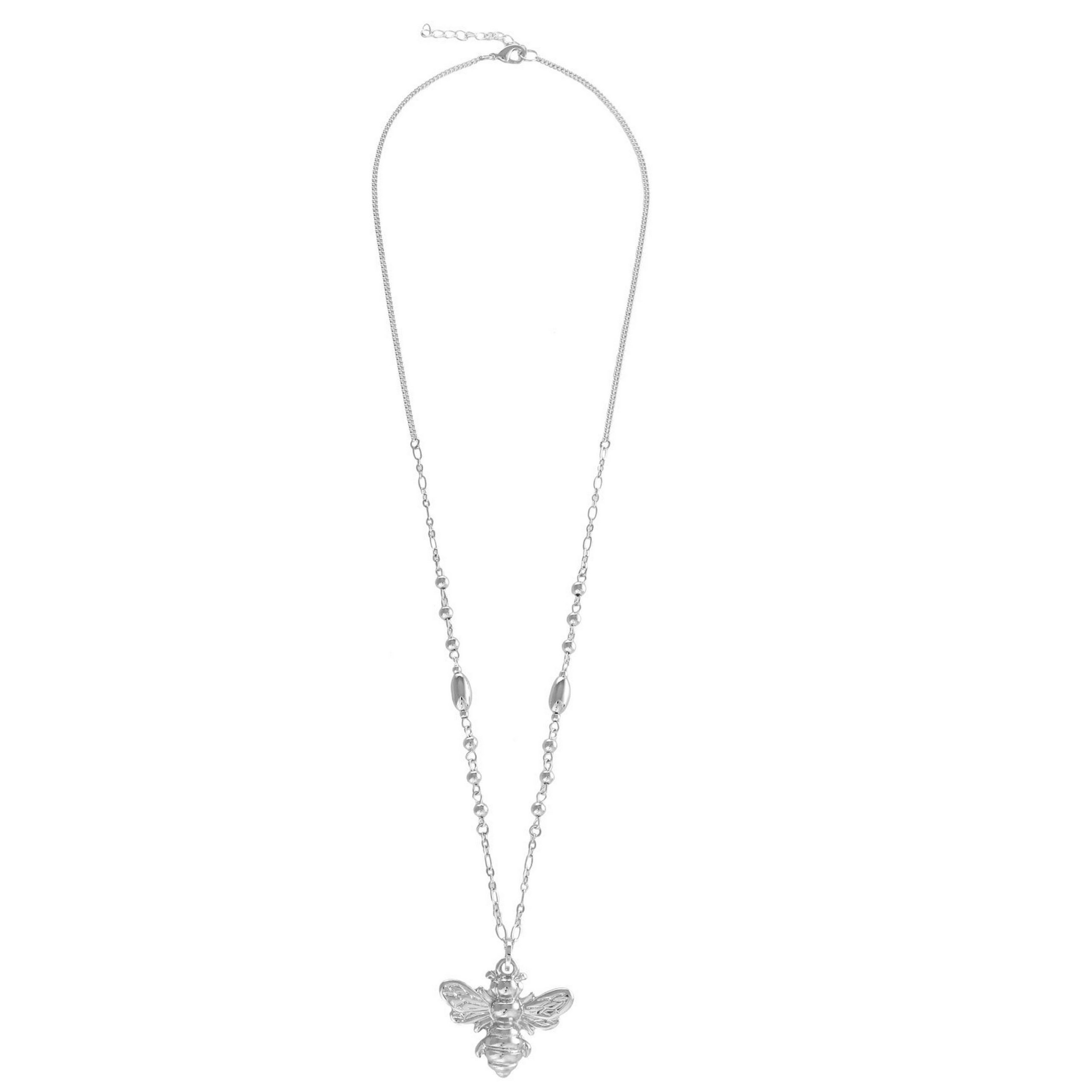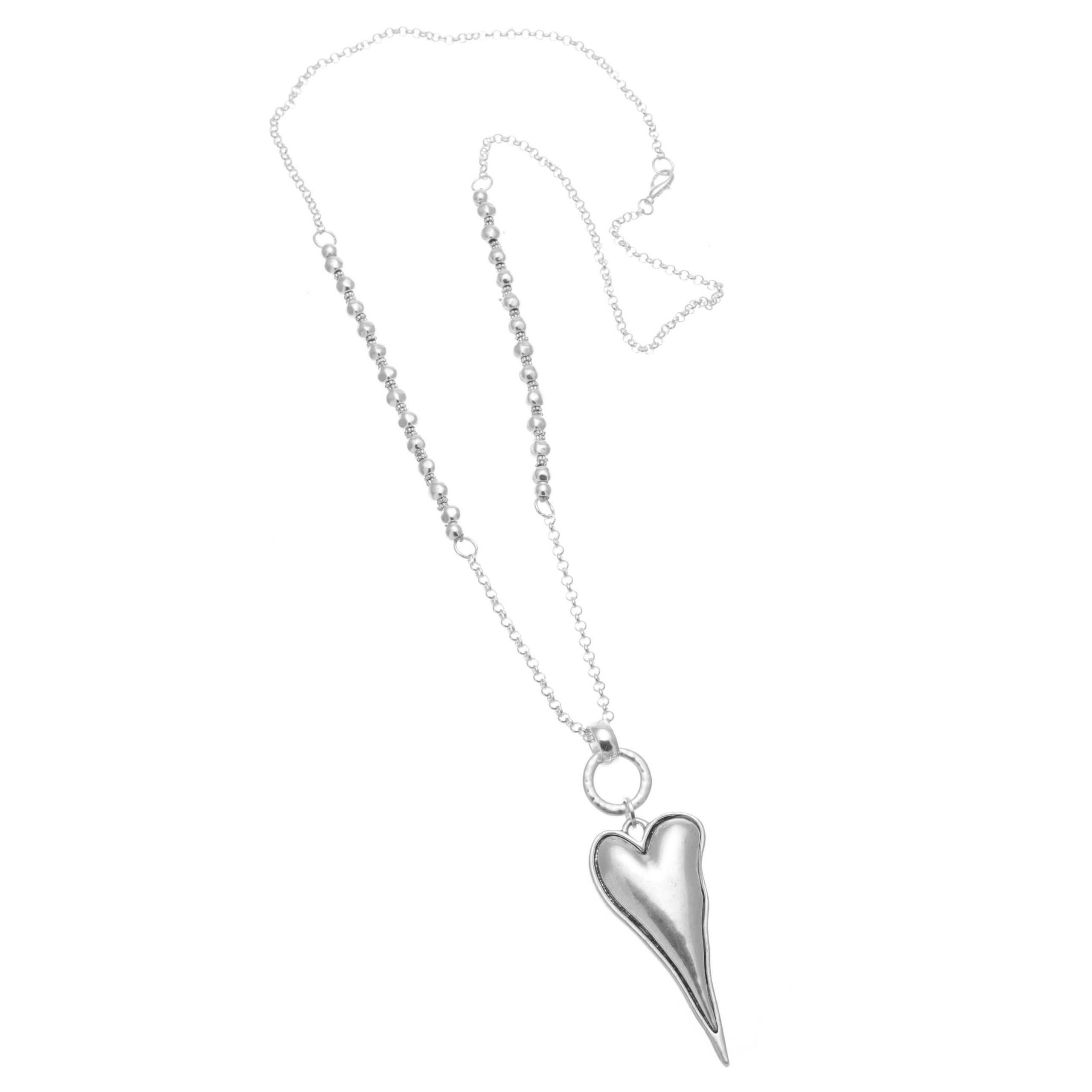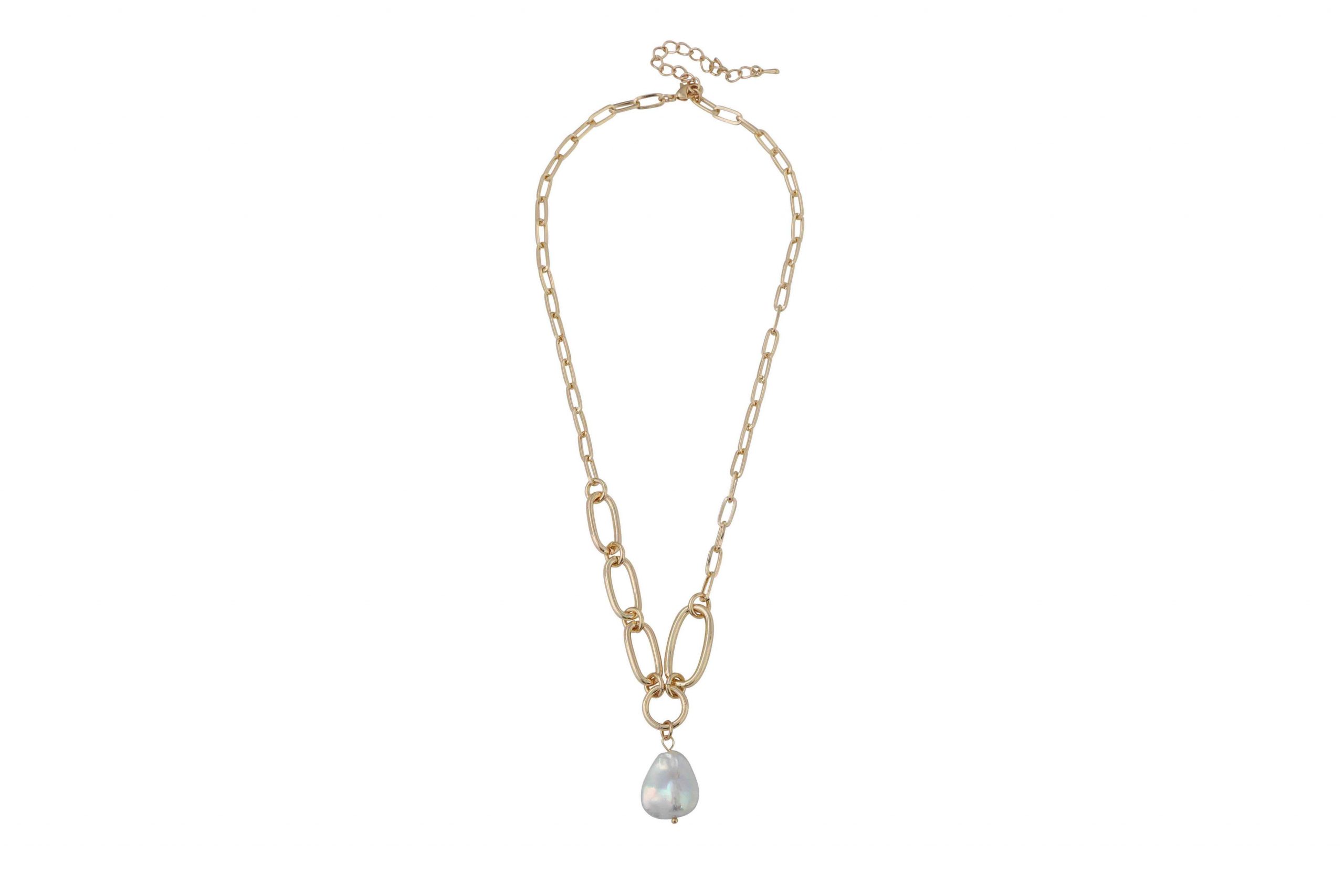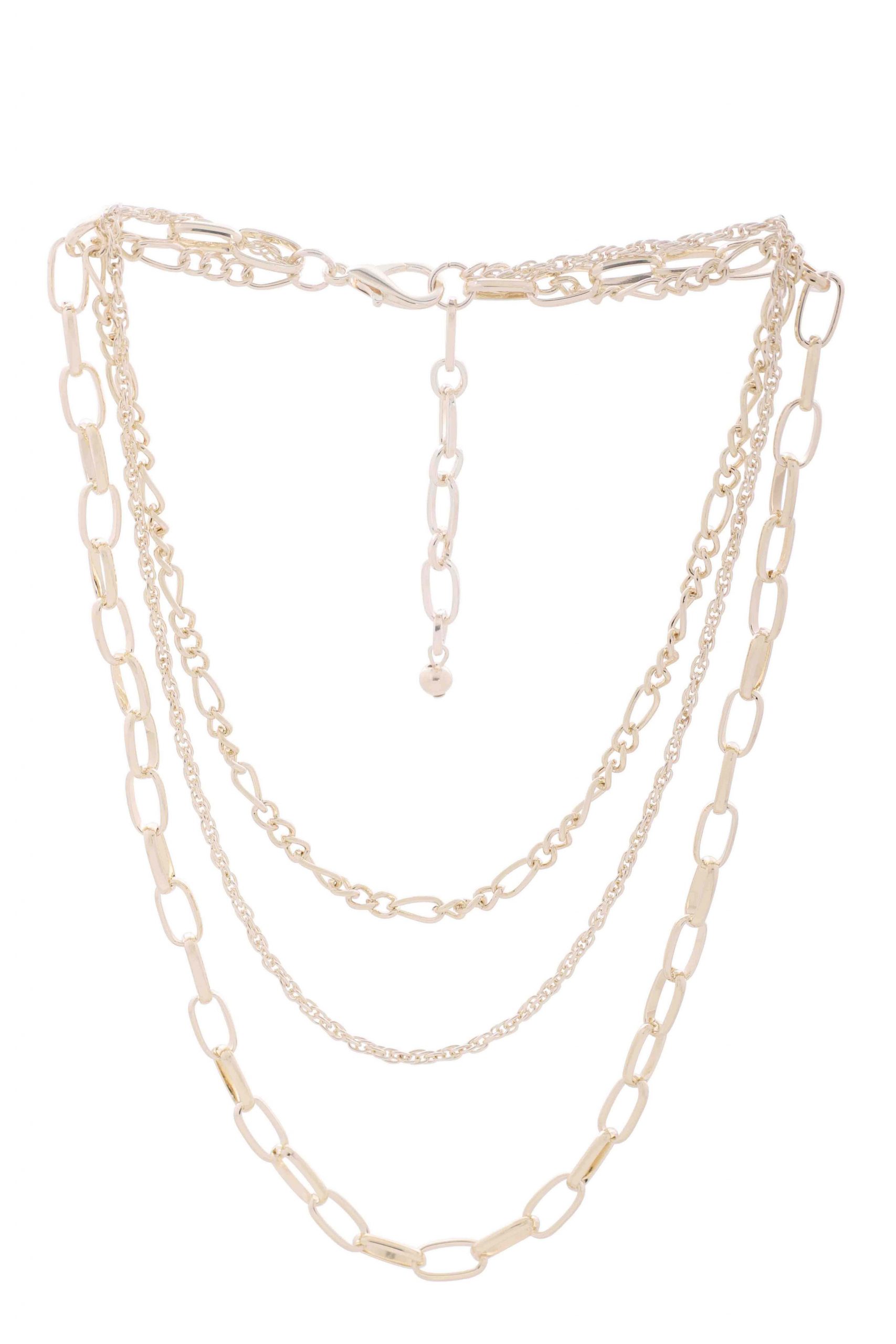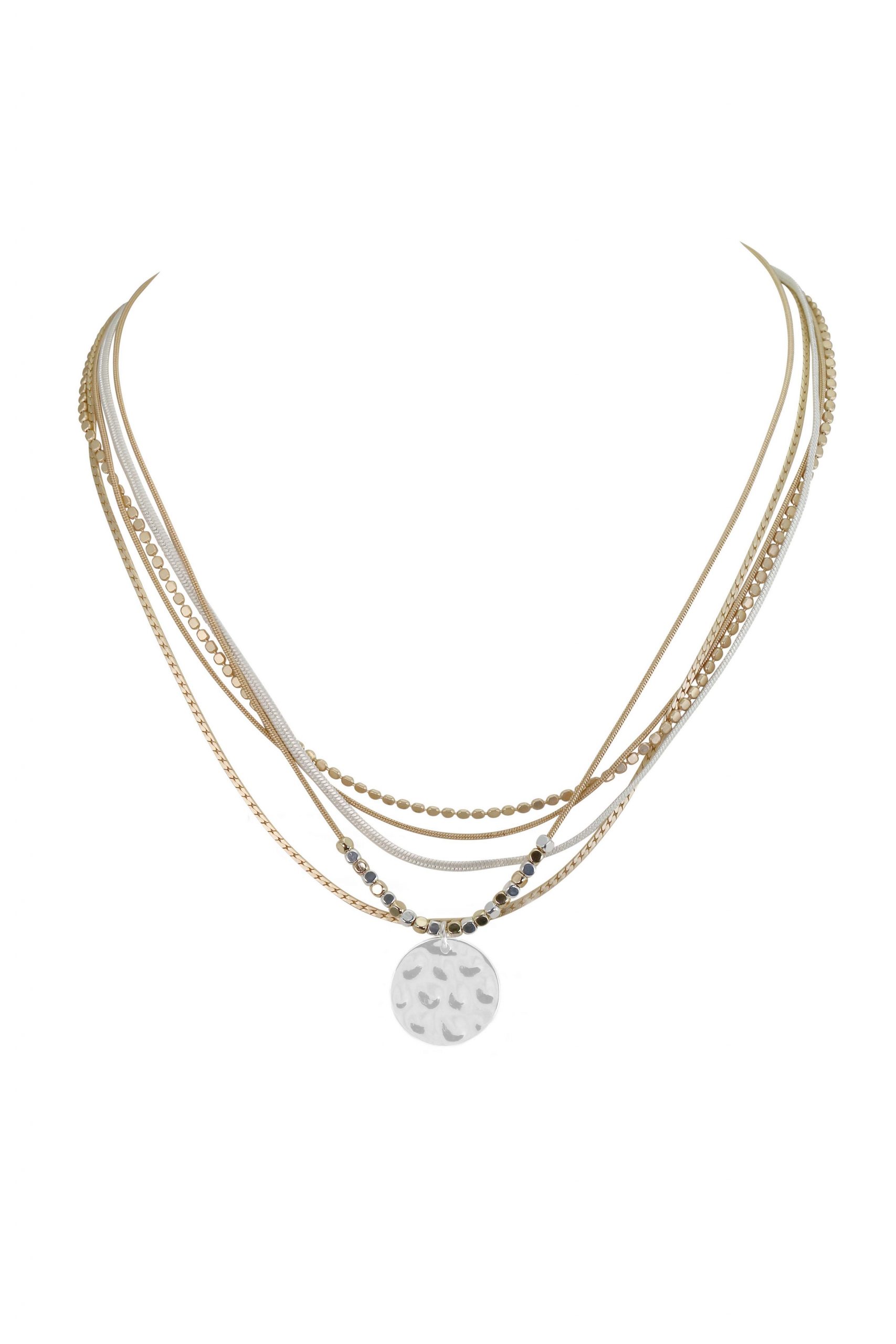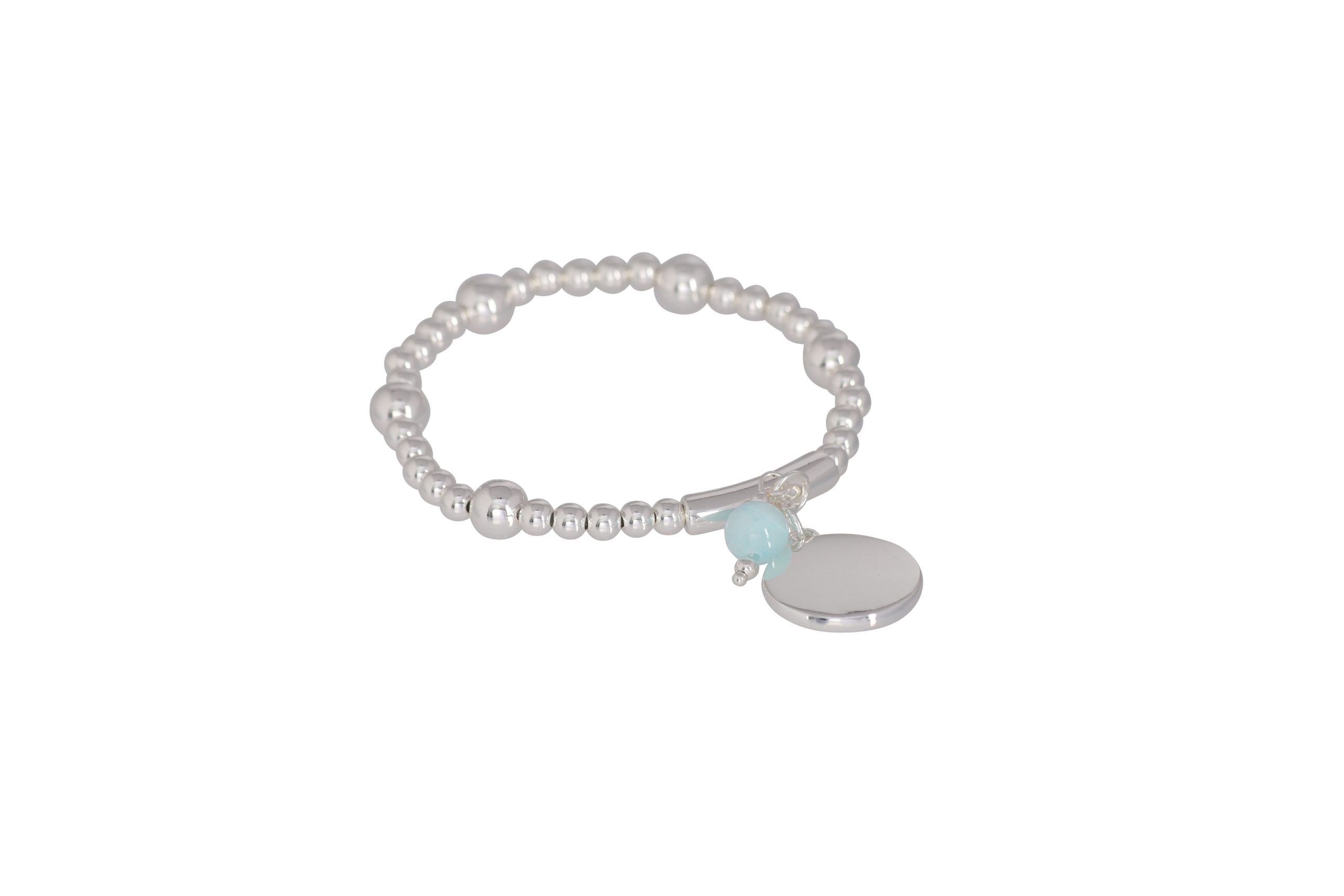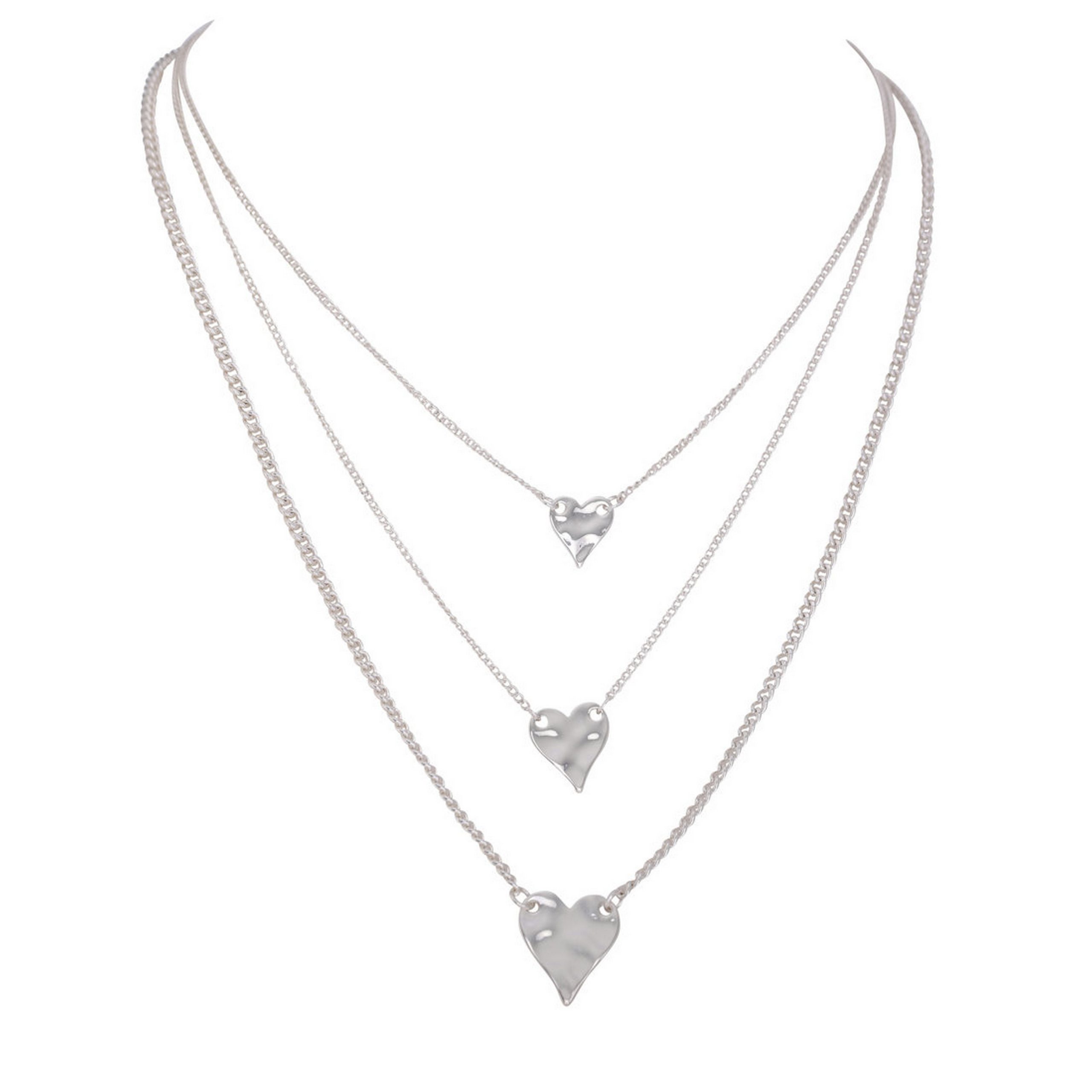Perhaps the most underrated character on ‘Nashville’ was Scarlett. I always believed she should’ve been the third co-lead along with Connie Britton and Hayden Panettiere, but alas… it never happened. She was first introduced as Deacon Claybourne’s niece. She was dating Avery, who was honestly just horrible to her. He never wanted her to succeed; or he did, but only if he succeeded with her. He was the epiphany of toxic masculinity. Lucky for Scarlett, the two break up early on in the series. Avery went on to be in a longterm on-and-off relationship with Juliette, which I heavily discussed in my previous blog entry. We, the fans, were supposed to root for Juliette and Avery to be together. But the entire time, I just wanted them to stay away from each other; in a romantic way, at least. They weren’t good for each other, and it was evident to see from a mile away. They both deserved to have a clean slate; but not together.
Scarlett did get the happy ending she deserved..somewhat. It’s more than could ever have been said for Juliette and Rayna’s ends, that’s for sure. Nevertheless, it takes her a long while to get to that ‘happy ending’ that Scarlett was looking for. Just like Juliette, she’s young, blonde, and has charisma in her that even she doesn’t know is there, but comes out when she’s onstage performing. Nevertheless, Scarlett and Juliette are polar opposites. Juliette isn’t afraid to make her appearance known. She’s not afraid to speak up and stand up for herself. Scarlett is, and it’s the one thing holding her back from succeeding as a songwriter and artist.
Scarlett could’ve been the next Taylor Swift, if only she believed in herself and her capabilities just as much as she did in Avery when they were dating. She even looked like Swift. She had her charm, and with the long, curly hair and the country looks to go with it, she looked just like the Taylor Swift the world fell in love with in 2006 when her debut album came out. Just like Scarlett, Swift got her start as an artist in Nashville. She moved there at a young age to jumpstart her career as an artist. Many fans of the show have actually compared Juliette to Swift. But I beg to differ. It’s Scarlett’s beginnings that could be compared to young Swift.
Juliette was actually based on Mindy McCready. Much of Juliette’s troubled life mirrored that of the now-deceased 90’s icon. Like Juliette did in the series, McCready publicly battled drugs, suicide, personal tragedy, and had wild romantic history with public figures. Multiple times she attempted suicide, including when she was pregnant with her first son, born in 2006. Following the death of her partner and father to her second son, David Wilson, who commuted suicide, McCready killed herself with a self-inflicted gunshot wound in February 2013. She also murdered her dog. Much of Juliette’s storyline was also based on Hayden Panettiere’s life as well. She’s admitted to suffering from postpartum depression and seeking professional help, mirroring the condition suffered by Juliette Barnes.
The character of Rayna Jaymes was based on a combination of Faith Hill and Reba McEntire. No one could ever forget when Faith Hill famously could be seen mouthing ‘What?!’ and waving her arms in the air in shock and disbelief when the much younger Carrie Underwood won the CMA for Female Vocalist of the Year in 2006. The plot in the story continued when Underwood replaced Hill as the Sunday Night Football theme song singer in 2013. This is believed to be the inspiration behind the premise of Rayna’s character arc on the show. But in likeness, Rayna seems to be much more like Reba McEntire, who like Rayna, started her own label, and has the embodiment of the tough, strong, wise, and resilient spirit of the country music woman, exemplified in legendary female performers such as Dolly Parton, Loretta Lynn, and Tammy Wynette.
The character of Gunnar, who later became Scarlett’s love interest was inspired by Charles Kelley from Lady A. The character of Layla Grant, who was heavily mentioned in my previous blog entry on Juliette, was inspired by Cassadee Pope. And in a twist of fate, Sam Palladio, who portrayed Gunnar, has been in a relationship with Cassadee Pope since 2017. Deacon, Avery, and Scarlett, on the other hand, weren’t particularly based on any real people in the music industry. Scarlett, most notably, symbolized the hundreds, maybe thousands of Nashville musicians living in the shadows of the stars, sometimes receiving big breaks, sometimes sinking right back into obscurity, and most importantly, battling their own psychological hurdles of stardom, and attempting to balance musical passion with personal life, love, and artistry.
We’d seen many frustrating things about Scarlett unfold throughout the series. In hindsight, underneath the sweet, country, innocent, soft-spoken, poem-writing persona is a narcissistic and selfish manipulator. She’s handed opportunity after opportunity, and yet, she declines them all. Throughout the entire run of the series, we see her lack appreciation, as well as have a tendency to be overly sensitive or melodramatic. But one could also emphasize with her; even sympathize with her. She never wanted to be in the limelight. All she wanted to do was be a poet and a songwriter. She wanted to write songs for other artists to sing.
Scarlett was just as talented as Juliette. The biggest difference between the two women was that Juliette wanted the fame and all the attention to be on her; Scarlett’s didn’t. Scarlett even had a similar upbringing to Juliette’s. Juliette wanted all the attention to be on her and couldn’t stand it when another woman – mostly Rayna – got all the love and adoration she felt she deserved. Avery even told her when he broke up with her after he found out that she cheated on him that to her, love was what she got from her screaming fans. Scarlett wanted nothing of that sort. In fact, she would’ve much preferred if the attention wasn’t on her, but on someone else. When it came to herself, she was modest in her ability to promote herself to record labels and producers. She didn’t take compliments easily.
For a long time, Avery didn’t make sense to me. He and Scarlett broke up because he couldn’t handle her getting all the attention from record labels and producers. He couldn’t handle her being more successful than him. And yet, he went on to date Juliette following the breakup with Scarlett. Juliette was obviously someone much more successful than him. She was already an established artist. So why didn’t he ever show his insecurities with her? Most likely because she helped his career. It’s also safe to say that Avery had a type when it came to the women he chose to date. Again, Scarlett and Juliette were very similar to each other. Juliette was more of a narcissist than Scarlett, and she was never afraid to show it.
Scarlett had proved herself to be confident in her personal life, but not in her work. She was insecure, but eventually found the courage and strength to stop pleasing, ignore what people tell her to do and for once make her own artistic decision. Where Scarlett has the great self-esteem and bad self-confidence, Juliette was the exact opposite. Juliette was confident in her work, but not in her personal life. She didn’t feel she deserved to be loved. She always felt on edge; and she even told Sean, the footballer she ended up marrying that he wouldn’t like her once he’d gotten to know her. That was always because she pushed the men she claimed to have loved away.
What Scarlett and Avery had was young, immature, passionate love that was based on their shared love of music. But they weren’t meant to be together in the long-run. It was evident. Their love story had an expiration date. He wanted the fame that she was given. He was desperate for it. She, on the other hand, was practically bullied into it. When Rayna first took notice of her and Gunnar singing together, she didn’t even ask Scarlett if she wanted a record deal. She just had her sign a contract. It’s only when Scarlett has a nervous breakdown on stage that Rayna finally lets her go.
And speaking of Scarlett’s nervous breakdown, it was caused by her mother, Beverly, suddenly showing up in her life. She was never kind towards Scarlett. She was verbally abusive towards her daughter, for the latter got to experience a big success that Beverly always wanted for herself. Avery and Juliette, who were in a relationship by that point in time, were there to see everything unfold. Avery did everything he could to help Scarlett. He saw right through Scarlett. He saw she didn’t want to go on stage and was forced to do so. He tried to prevent it from happening, but Juliette wasn’t having it. She saw Avery trying to help Avery, and automatically, feelings of jealousy came rushing in. The entire tour brought Juliette’s insecurities to light, and it became her mission to make Scarlett’s time on tour a miserable one until she had that mental breakdown. It was that breakdown that landed Scarlett in the hospital where she was finally diagnosed with PTSD (Post Traumatic Stress Disorder).
Scarlett’s PTSD stemmed from her mother. It was something she had in common with Juliette. Her history includes being used as a child prostitute by her mother, Jolene, which could be a contributing factor to her overall emotional state. Juliette also later seeks help from a cult, which further complicates her situation. Her mother was always a drug addict, even in Juliette’s adulthood. Jolene came back to Juliette’s life hoping to mend their relationship. Juliette never believed she wanted anything from her other than monetary gain. She only truly realized her mother sincerely wanted to be there for her when she murdered her sobriety coach and then killed herself in order to protect Juliette and save her career.
Scarlett and Beverly’s relationship was downright complicated and strained. Their dynamic is marked by conflict, tension, and a pattern of Scarlett trying to please her mother while also pushing back against her mother’s controlling behavior. Their interactions are often characterized by Beverly’s attempts to control Scarlett and Scarlett’s frustration with her mother’s behavior. This is where Juliette was much different than Scarlett’s. Unlike Scarlette, Juliette didn’t need her mother’s approval to feel validated. Instead, she looked for her mother to be proud of her. For Scarlett, Beverly showed a a strong desire to control her and her career. And Scarlett, in turn, expressed frustration and resentment towards her mother, particularly regarding her career and her own independence. She often aimed to assert herself and break free from Beverly’s influence. With that said, the two often struggled to communicate with one another, and put an emotional distance between each other.
Through everything, Scarlett had Deacon to support her. He played a huge role in their relationship dynamic, often mediating or supporting Scarlett when Beverly’s behavior is harmful. Juliette had nothing of that sort. She didn’t have anyone in her life who was there for her unconditionally. Everyone that she surrounded herself with was on a payroll. Nevertheless, Scarlett’s relationship with Beverly isn’t solely negative. There were moments of genuine connection, and they even shared grief, but the underlying tension and control issues continued to shape their interaction.
The most liberating moment for Scarlett was when she finally stood up for herself against Beverly. It was in defence of Deacon when Beverly refused to be his organ donor as she turned out to be his only match. It was a life-saving procedure for Deacon, and Beverly didn’t want to help him not because she was scared or concerned for the surgery, but because she was bitter about Deacon choosing to be with Rayna over helping her thrive in her career all those years ago. Finally, Scarlett got the courage to tell her mother exactly how it was. Beverly ultimately chose to donate her liver to Deacon after realizing what effect her actions had on her daughter, which cost her life in the end.
To paraphrase Simon de Beauvoir– Scarlett wasn’t born a woman but she sure did take the long journey to get there and become one. She knew what she wanted. She knows what she didn’t want. And what she didn’t want was to be a star. She only became one because she felt pressured to become one, and she was afraid to disappoint those who relied on her. But her desire to stay as far away from the spotlight was far more complex than her being ungrateful or spoiled. Her reasonings for it included:
- Abusive Past: Scarlett’s childhood was characterized by abuse, making the idea of being a public figure and the spotlight a source of anxiety and discomfort.
- Emotional Overwhelm: She was deeply emotional and struggled to cope with the pressures and scrutiny that came with being a public figure.
- Desire for Authenticity: Scarlett found fulfillment in expressing herself through music and songwriting, rather than striving for fame and fortune.
- Fear of Letting People Down: She had a strong desire to avoid making mistakes and avoid disappointing others, leading her to sometimes shy away from being the center of attention.
Scarlett was only in the limelight because she was afraid of disappointing the people she cared about, which is exactly why her ending would’ve absolutely made perfect for her. It showed Scarlett finally standing up for herself in more ways the one, and for once in her life, being selfish. But let’s not mix Scarlett up with the woman behind the character – Clare Bowen. She’s very much a performer, and she’s going on tour with Jonathan Jackson, who played Avery on the show. She also makes music with her husband, Brandon Robert Young, as a musical duo, BOWEN YOUNG. Their debut album, ‘Us’, comes out May 3. Young also appeared as a guest on the show as the man Scarlett was set to be married to.
And in other news, Bowen previously revealed that she has autism and ADHD. Of her decision to make her struggles with the disorders public, she said on the ‘Neurodivergent Woman’ podcast in December 2024, ‘What I know now is to make sure that every single one of those people, in whatever way I can, can kind of reach out and be like, hey, hey, you’re not by yourself, it’s okay. You don’t have to do it by yourself, it’s okay. If you feel like you don’t understand anything, or like nobody understands you, or like everyone’s laughing but you don’t get the joke, and maybe you are the joke, you can still become the person that you always dreamed of being, even if you are the butt of every joke, even if you feel like it fit anywhere.’
And I’m not saying this without reason. Earlier this month, Robert F. Kennedy Jr., U.S. Secretary of Health and Human Services, wholeheartedly claimed that people with autism ‘will never pay taxes. They’ll never hold a job. They’ll never play baseball. They’ll never write a poem. They’ll never go out on a date. Many of them will never use a toilet unassisted.’ Furthermore, he called autism an epidemic and a tragedy. Kennedy then proceeded to scream about the increase in autism rates, which jumped from 1 in 36 in the last CDC report to 1 in 31 this year, and said that boys are much more likely to be diagnosed with the neurodivergent disorder.
It’s wrong. It’s so wrong. I can’t even begin to emphasize just how wrong it all is. This is a person that those living in U.S are supposed to rely on for their health and well-being. Instead, he’s spreading lies and misinformation. It’s scary to even fathom that this is someone meant for people look up to for guidance on the spectrum. I could compare this to someone looking for guidance on disability from my father-in-law. He also believes that people like me, who have cerebral palsy, don’t pay taxes, don’t play basketball, don’t write poems, and so on and so forth. He has a generalized belief of what a disability is without actually knowing the facts. His own version of facts are based on what a doctor who retired in 1975 wrote about the matter, which is that people, women in particular, with cerebral palsy don’t get an education, don’t work, aren’t able to carry children, aren’t able to take care of children, aren’t able to carry on housework, aren’t able to go on adventures, and are bound to a wheelchair by the age of 40. Those were all his arguments he used as to why his son shouldn’t have been with me; as well as to why I’d be an embarrassment to his family. That didn’t turn out to be the case. I actually have a great relationship with his family, particularly with my mother-in-law, who believes in my capabilities more than anyone out there.
I don’t know where Robert F. Kennedy Jr. gets his information and insights on autism from. What I do know, however, is that his comments on autism are particularly cosmic considering his family history. His aunt, Eunice Kennedy Shriver dedicated her life to children and adults with intellectual disabilities, founding the Special Olympics in 1968 so that children from around the world could compete in sporting events tailored to their needs. She was inspired by her sister, Rosemary Kennedy, who was institutionalized and later suffered significant physical and cognitive damage due to a botched lobotomy. Today, 17 years after Eunice’s death, the organization still aims to provide ‘high-quality training and competition in an inclusive culture through Unified Sports which allows for people with and without intellectual disabilities to play on the same field.’
People in the community called Robert F. Kennedy Jr.’s remarks dehumanizing and warned they could perpetuate harmful stigma. I’m with them. I’m with all of them. People with autism are, by far, some of the most intelligent and intellectual people out there. Two of my younger cousins, who are both girls might I add, are on the spectrum, and I can wholeheartedly say that they’re two of the smartest people I know. One is a straight A level student. The other is so skilled in art, she could be the next Picasso.
Actress Amy Schumer has been very of her husband’s autism diagnosis. During one of her Netflix specials, ‘Growing’, the actress and comedian said, ‘I knew from the beginning that my husband’s brain was a little different than mine. I have to start this over because I really want to get this right because I love him very much. My husband was diagnosed with what used to be called Asperger’s. He has autism spectrum disorder. He’s on the spectrum. And there were some signs early on. Once he was diagnosed, it dawned on me how funny it was, because all of the characteristics that make it clear that he’s on the spectrum are all of the reasons that I fell madly in love with him. That’s the truth. He says whatever is on his mind. He keeps it so real. He doesn’t care about social norms or what you expect him to say or do.’
It’s said to be believed that people with autism are very artistic. Art of a form of expression. Art can be a powerful tool for communication, particularly for individuals diagnosed with autism who may find traditional verbal communication challenging. Art therapy, which uses art-making as a therapeutic medium, can help individuals on the autism spectrum develop emotional regulation, social skills, and cognitive abilities. Additionally, art can provide a unique outlet for self-expression and a means of connecting with others. To be more thorough on the matter, art can bring the following benefits for people with autism:
- Emotional Regulation: Art can provide a non-verbal outlet for emotions, helping individuals express feelings that may be difficult to articulate verbally.
- Social Skills: Group art projects can foster social interaction and collaboration, while individual art projects can provide opportunities for self-reflection and personal expression.
- Cognitive Skills: Art activities can enhance fine motor skills, hand-eye coordination, and decision-making abilities.
- Sensory Engagement: Art materials can provide sensory experiences that can be calming or stimulating for individuals with autism, helping them to regulate their sensory input.
- Communication: Art can serve as a form of communication, allowing individuals to express their thoughts and feelings through visual representation.
I believe this was where ‘Nashville’ missed a great opportunity; almost just like Scarlett missed out on many opportunities she was given. The show included very few storylines that involved disability and illness. There was, of course, Deacon’s alcoholism and cancer. Then in the later seasons, the later seasons, Sean, a character played by Jake Etheridge, was introduced as a recent military veteran struggling with PTSD. His character arc included dealing with his trauma and finding solace and connection through music. But nothing more of the sort. With Clare Bowen’s own autism diagnosis, show-runners of the show could’ve explored another human part of Scarlett’s story, and navigating her life and career while going through the motions of autism. So much of Juliette’s journey was based on Hayden Panettiere’s own life; the same could’ve been done with Scarlett. Of course, none of it had to have been public knowledge that the actress behind Scarlett had gone through the same struggles too.
There’s much to be said about disability representation we see in media. There’s a right way to go about it, and then there’s a wrong way to go about it. I’ve been very open on this blog of my take on the matter. I’ve used Netflix shows like ‘Survivor’, ‘Love On The Spectrum’, and the different versions of ‘Love Is Blind’ as my sources of inspiration. Most recently, I watched the second season of ‘Love Is Blind Sweden’. One couple that ended up getting married on the show were Niklas and Karin Aglid. They surprised everyone by announcing their pregnancy at the reunion, and have since then welcomed their daughter, Vera.
The couple shared a beautiful moment together, one that I’m sure was left unnoticed by some, during their initial dating phase at the pods. It was when Niklas opened up to Karin of his ADHD diagnosis. For those of you who are unaware, autism and ADHD both carry the same gene. Therefore, it’s assumed that many of those who are diagnosed with ADHD also have autism, and sometimes it can be undiagnosed. When Niklas first told Karin of his diagnosis, she selflessly asked him, ‘How can I help you?’ There was no judgement. There was no worry. There was no fear or doubt. She just genuinely wanted him to feel safe with her. This small moment reminded me so much of my husband’s reaction to me first telling him of my cerebral palsy, which was exactly how I knew he was the right one for me. No one had ever made me feel as safe and as secure as he did when I opened up about my prognosis. It’s people like Niklas that show the world that Robert F. Kennedy Jr. doesn’t know what the heck he’s talking about when he speaks of autism. If people with autism can’t date, then why is it that Niklas and Karin had (quite literally) the healthiest relationship ever seen in the entire ‘Love Is Blind’ franchise?
If I were to describe Scarlett O’Connor as a character, I’d say that she’s a a gifted singer-songwriter and poet, known for her open-hearted and trusting nature, though she could also be portrayed as passive and needing rescuing. She had a complex upbringing and was influenced by her music and songwriting talent, often finding herself thrust into the country music industry despite her shyness. Throughout the entire run of ‘Nashville’ between 2012 and 2018, Scarlett’s characterization was highly criticized by fans alike. Under normal circumstances, I’d agree. But knowing the character’s history, as well as the woman behind the character, I can’t fathom not being on her side of the coin. Like Juliette, she was failed. She was doomed to fail. She could’ve been so much more than what she was made out to be. And it made me realize that if there was one character that ever deserved a re-do, it was Scarlett. It wasn’t even Juliette, as her storylines only began to deteriorate in the last two seasons that I personally pretend don’t even exist. It was her – Scarlett. As she herself said once to Gunnar, ‘Well, as someone once said to me, all I felt was music.’ That was all she ever needed – to feel the music. Scarlett could’ve shown the world that people, women in particular, with autism are just as important, as valuable and capable as the rest of the world. She could’ve been the key to stopping putting people with autism in a box. The world could’ve seen a young woman living her life, enjoying making music and falling in love despite her prognosis and what the world is telling her to be. Instead, we got ourselves a young woman belittling and undervaluing herself every chance she can because she doesn’t see how great she is. What a wasted potential…
Our Most Popular Posts
Sign up to our newsletter if you want to see more content from The Graceful Boon! By signing up to our newsletter, you'll get an even more in-depth content from yours truly, Stacie Kiselman, who's our Graceful Boon, that you won't want to miss out on.




